These are the best gothic horror novels
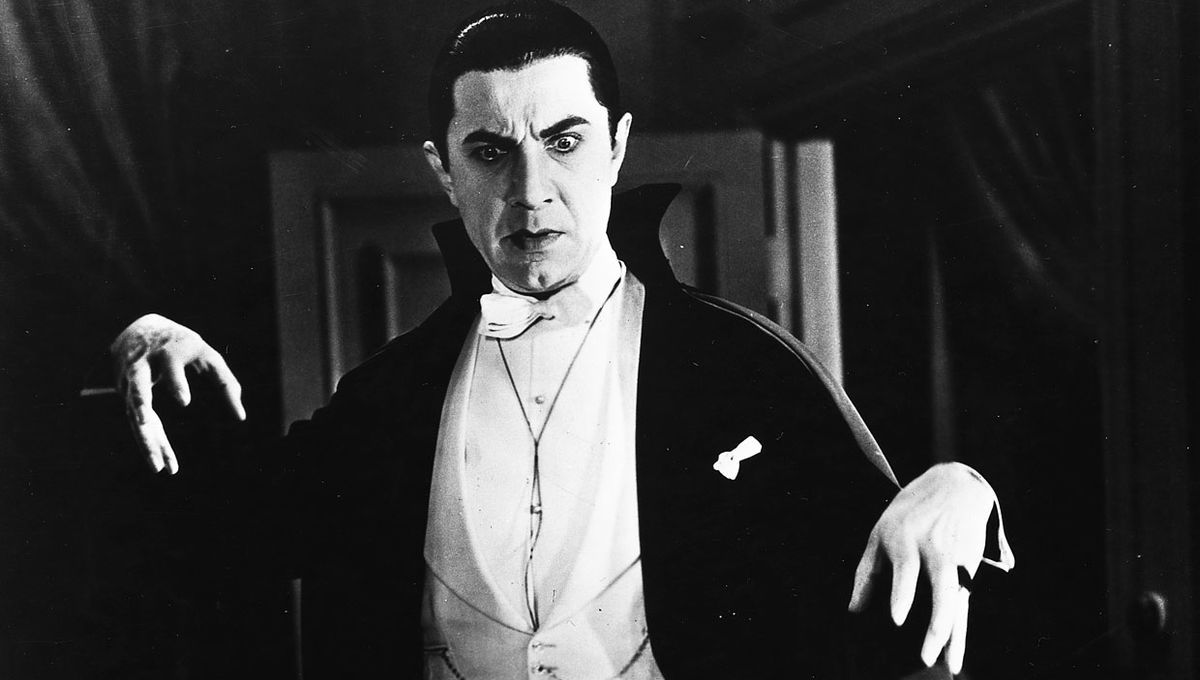
You ring the dusty old doorbell of a dusty old mansion in the dusty old countryside of dusty old England—and then a dusty old butler opens the door with a creak. You say that you received a letter to come here and learn that a distant relative of yours once lived in this house. He has unfortunately passed away and left you a certain … inheritance. It’s the entirety of his gothic horror fiction collection!
But why should you care? Of what import to a modern person like you are these old and dreary tales of misery and woe? Why, they are a distraction from the miseries and woes of the modern age! I give you these gothic horror novels not to disturb your mind, but to protect it.
I will now get into the best of the many gothic horror novels that he has bequeathed to you. You can’t read them in the house though—the house was left to his collection of ravens. Take your books and go.
The Monk by Matthew Lewis
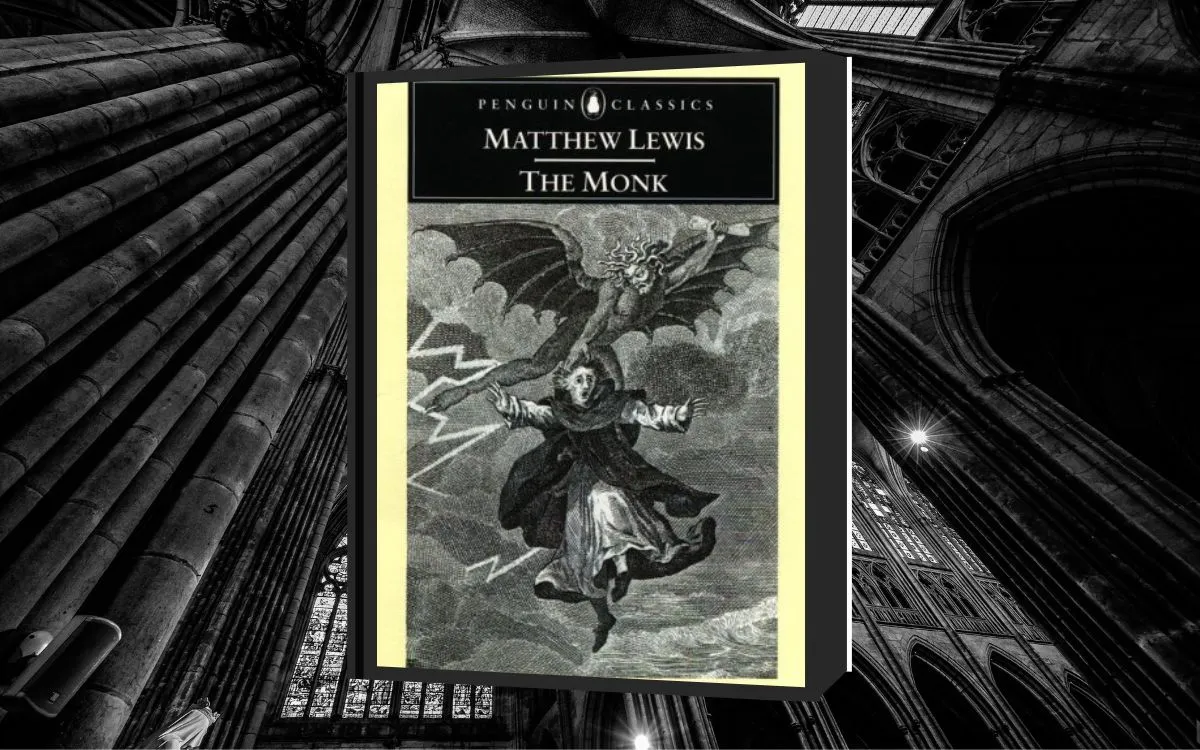
The little-known but well-loved novel, The Monk, involves a corrupt monk named Ambrosio, who succumbs to worldly temptations. The scandalizing tale portrays his engagements in forbidden desires and his embrace of his dark side. With themes of religion, sexuality, and demonic possession, The Monk pushed the boundaries of Gothic literature during its time in 1796 … which just so happens to be the year I was born.
Carmilla by J. Sheridan Le Fanu
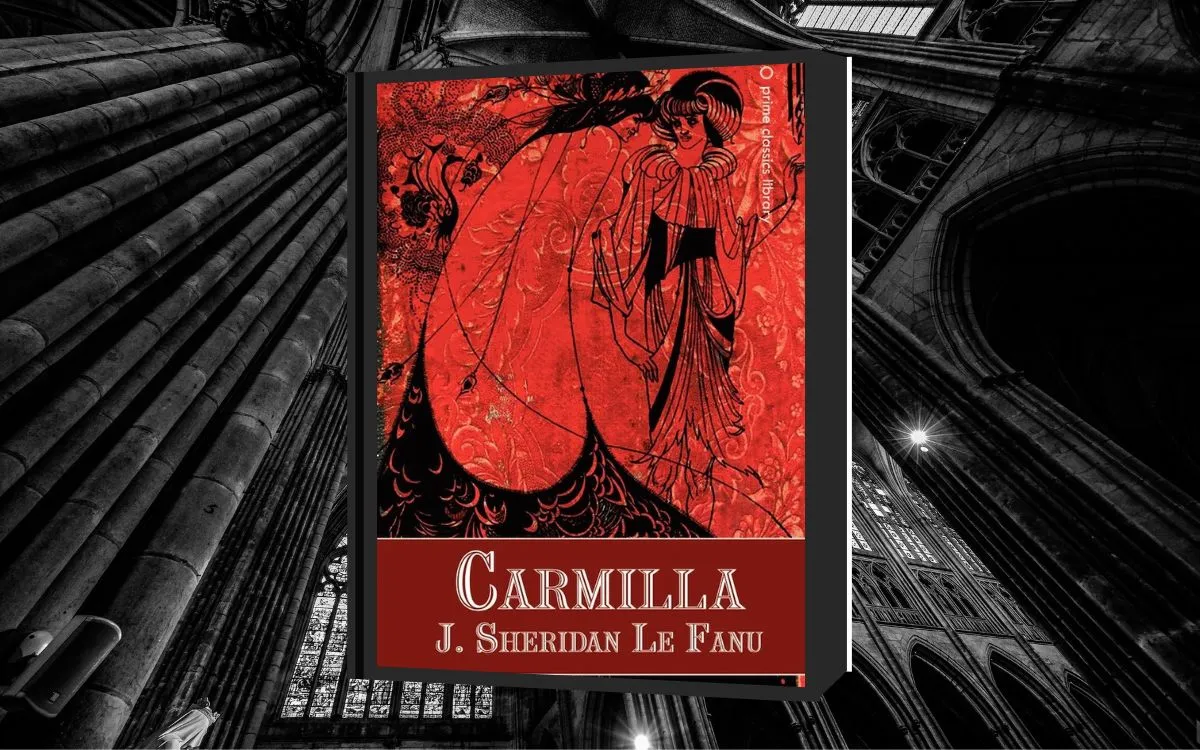
Carmilla told the story of vampires decades before Bram Stoker’s Dracula terrified the hearts and minds of the time. The story concerns a seductive female vampire named Carmilla, who preys upon young women as the object of her dark desires. She soon meets the charming young Laura, who attempts to escape from her sapphic and sinister clutches. One could argue that this is perhaps the first queer Gothic horror novel. Its lesbian themes are as deep as the lake waters where I interred my former master’s body. It was his last wish—I assure you.
Wuthering Heights by Emily Brontë
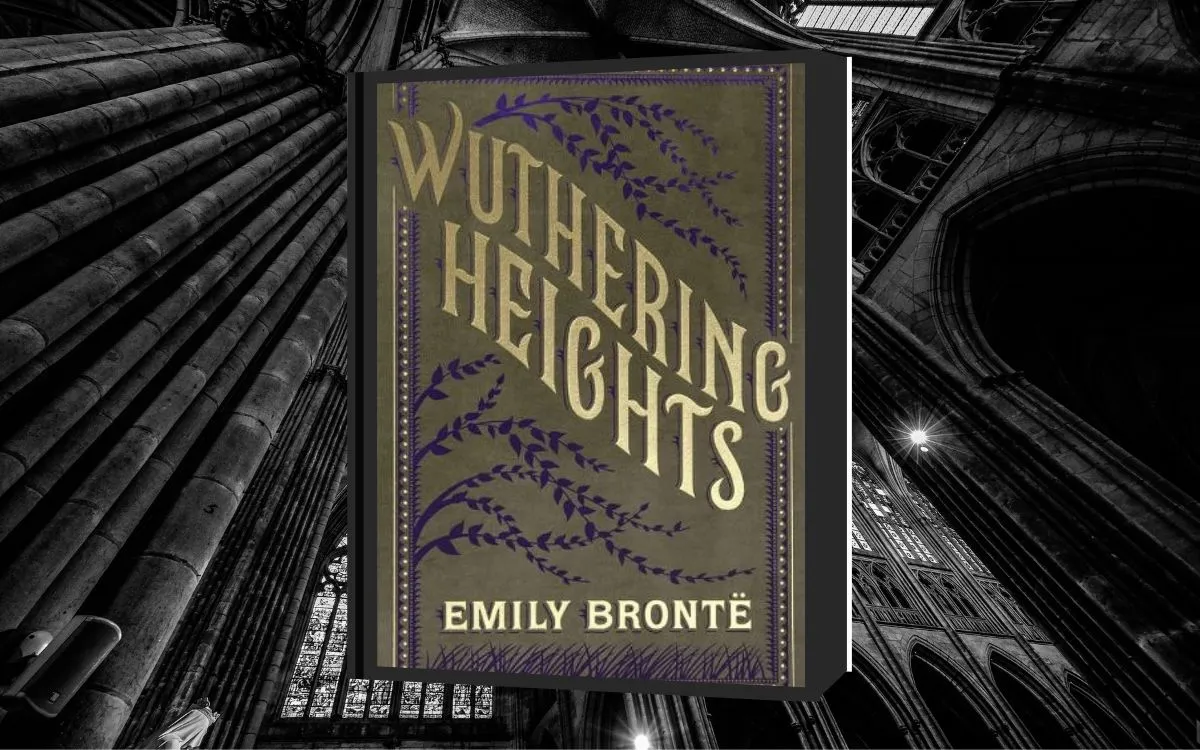
Immortalized in a, shall we say, banger, by the notable songwriter Kate Bush, the Gothic flight of fancy Wuthering Heights tells the tale of a passionate but destructive relationship between Catherine Earnshaw and Heathcliff. Set in the wild and desolate moors of Yorkshire, Brontë delves into themes of social class, the supernatural, and the destructive power of emotions unresolved. It is a haunting and atmospheric masterpiece.
The Fall of The House of Usher by Edgar Allen Poe
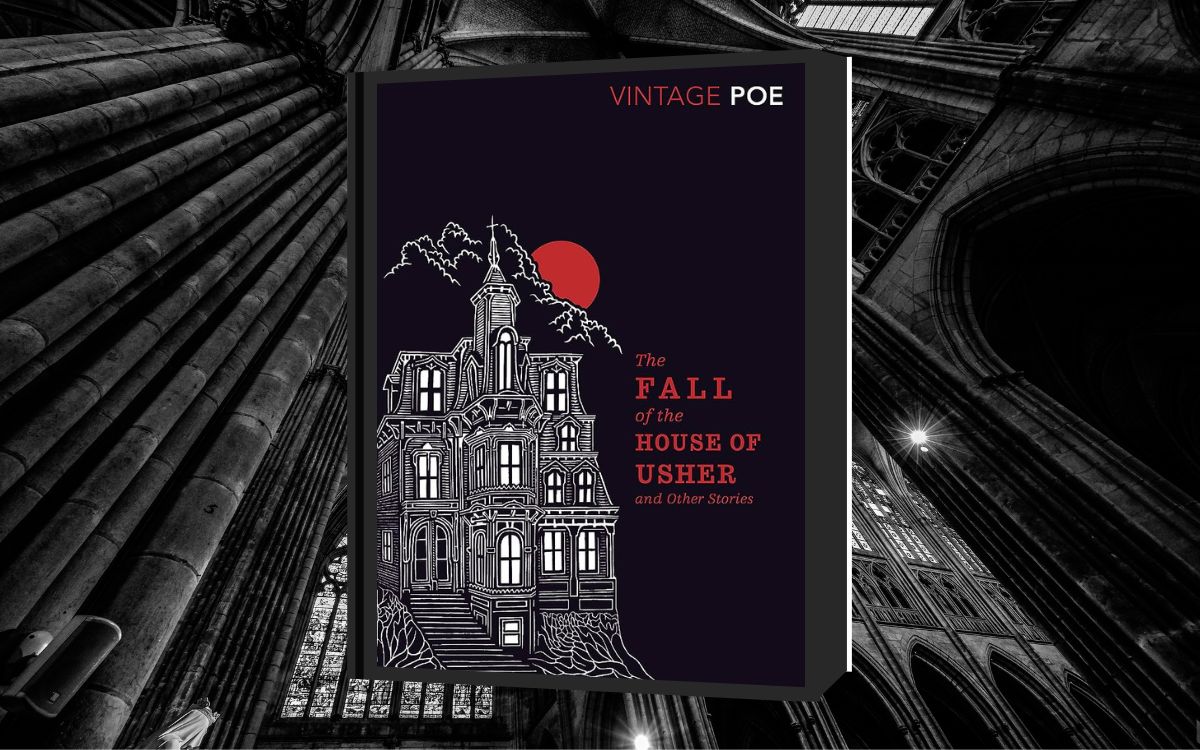
This short story concerns the misfortunes that befall the home of the famous early ’00s R&B singer Usher. That was a joke … the actual contents of this tale are no laughing matter. Penned by the master of Gothic Horror himself, The Fall of the House of Usher examines the last living members of The Usher family and their decaying ancestral home. Poe’s chilling descriptions, eerie atmosphere, and exploration of psychological terror tell a tale of impending doom. Haunted by themes of madness, family curses, and isolation.
Jane Eyre by Charlotte Brontë
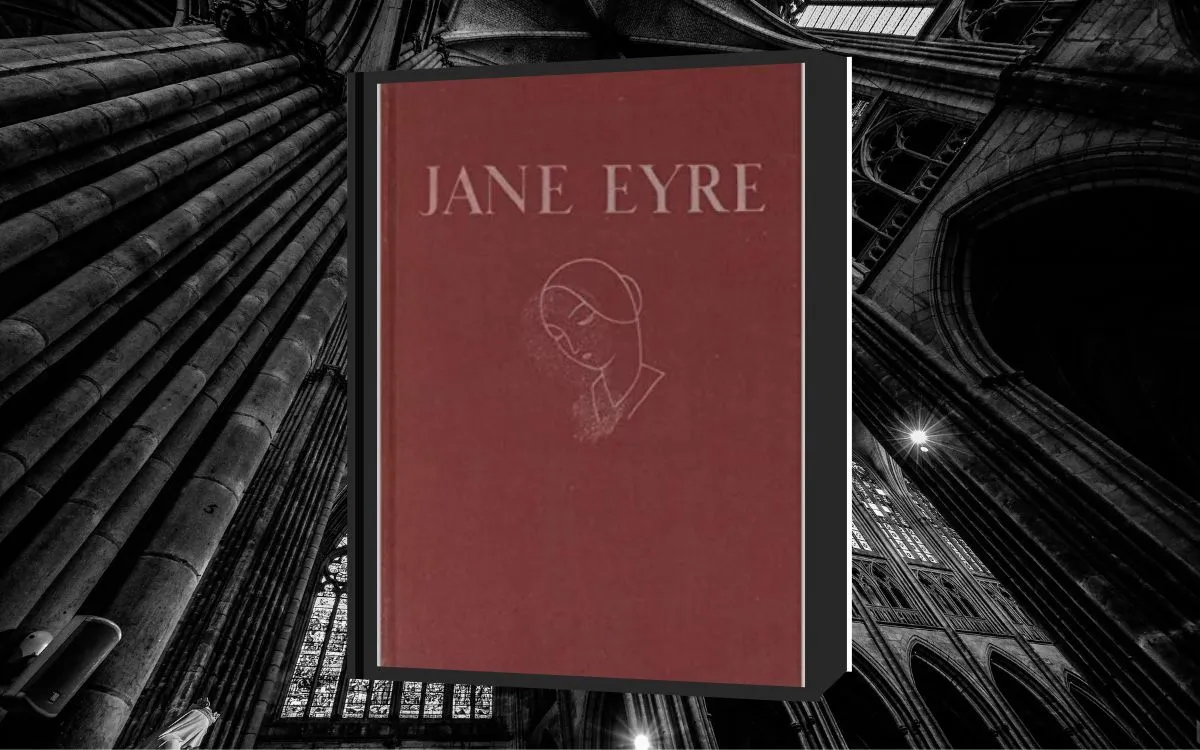
I shudder to think what childhood horrors the Brontë sisters must have endured that allowed both of them to pen some of the most horrifying works of Gothic fiction in the English canon. Jane Eyre follows the life of well, Jane Eyre, an orphan who becomes a governess at Thornfield Hall, owned by the enigmatic Edward Fairfax Rochester. As Jane and Mr. Rochester begin to form an emotional bond, a dark secret from his past emerges … specifically from the attic above. Speaking of which, if you hear banging sounds coming from the attic or walls of this mansion during your stay, you would do well to ignore them.
The Strange Case of Dr. Jekyll and Mr. Hyde by Robert Louis Stevenson
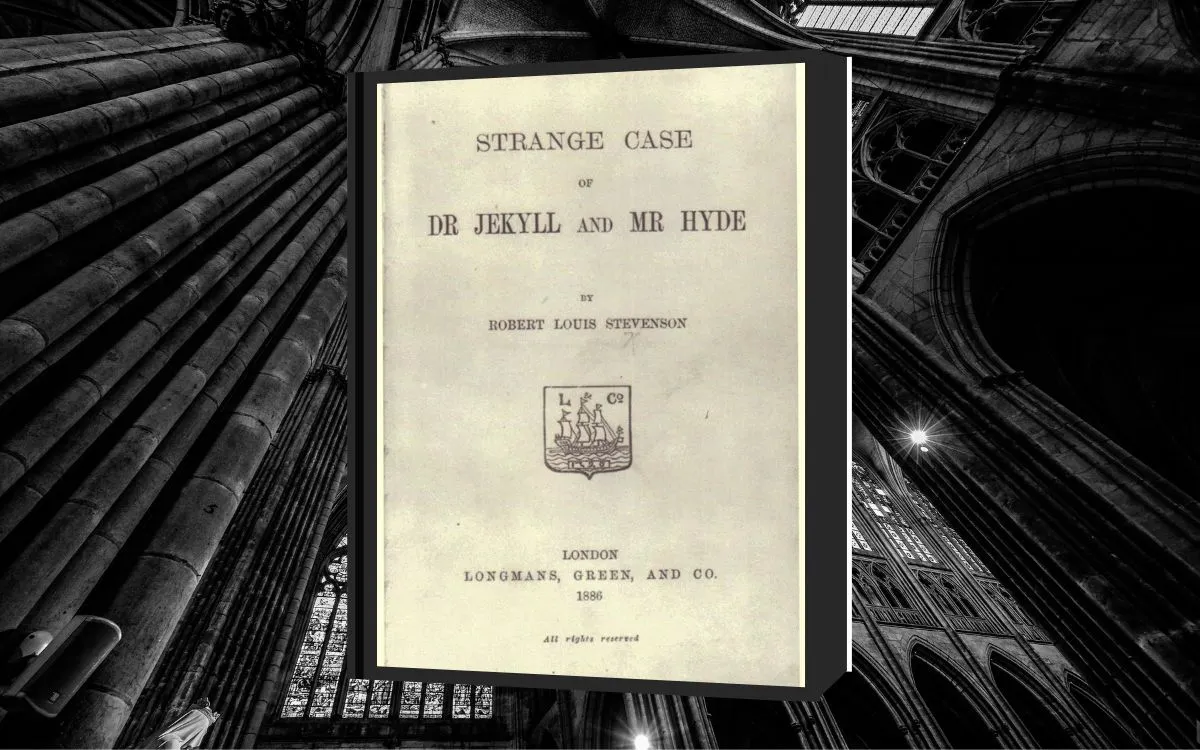
The Strange Case of Dr. Jekyll and Mr. Hyde is an enthralling study of the duality of human nature. The tale of how a seemingly well-mannered man can suddenly snap and commit acts of unspeakable horror. Will Dr. Jekyll be able to control his inner demon? Or will it control him instead?
Rebecca by Daphne du Maurier
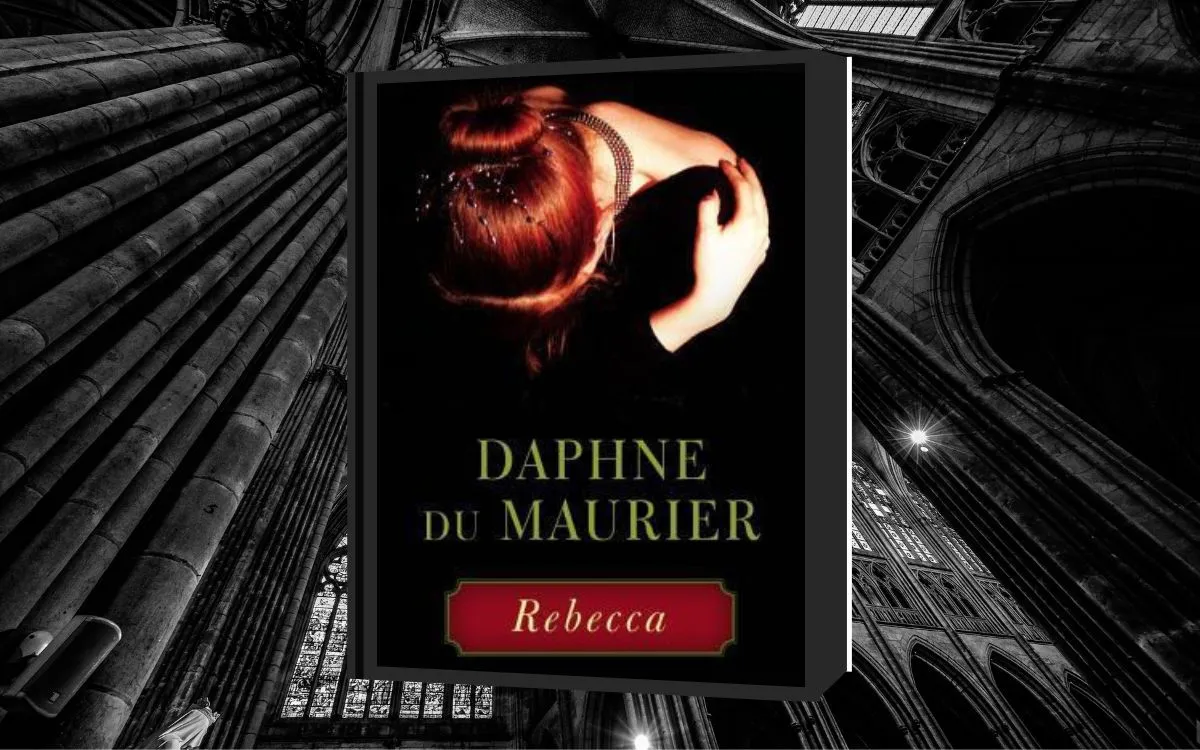
In the mysterious Manderley estate, an unnamed protagonist is haunted by the presence of her husband’s deceased first wife, Rebecca. She soon becomes entangled in a web of secrets and deceit. With themes of identity, jealousy, and the power of memory, Rebecca is a hauntingly beautiful tale of suspense.
Dracula by Bram Stoker
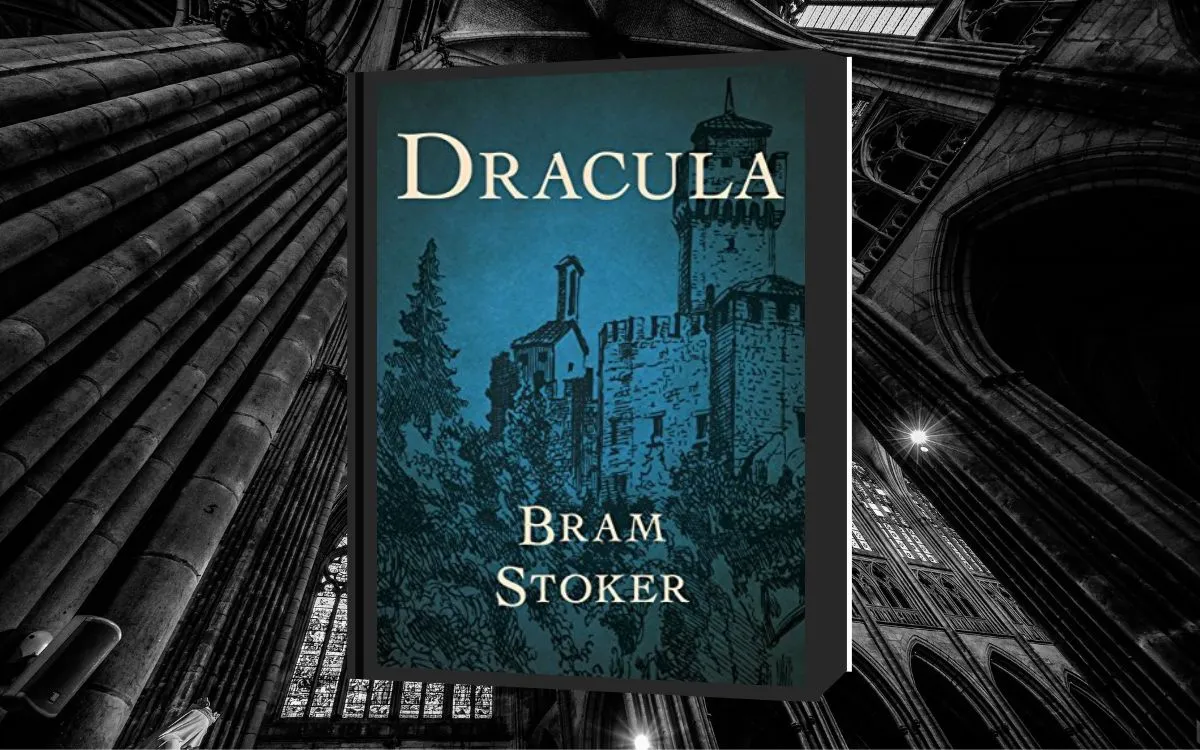
This was the novel responsible for creating the most famous and iconic vampire of all time. Set in gloomy Transylvania and Victorian England, the novel follows a group of people who uncover the sinister plot of Count Dracula and fight to save humanity from his infernal machinations. An epistolary novel whose descriptions of modern technology make it one of the first works of sci-fi, Dracula established the blueprint for vampire lore and became a classic for the dark ages.
Frankenstein by Mary Shelley
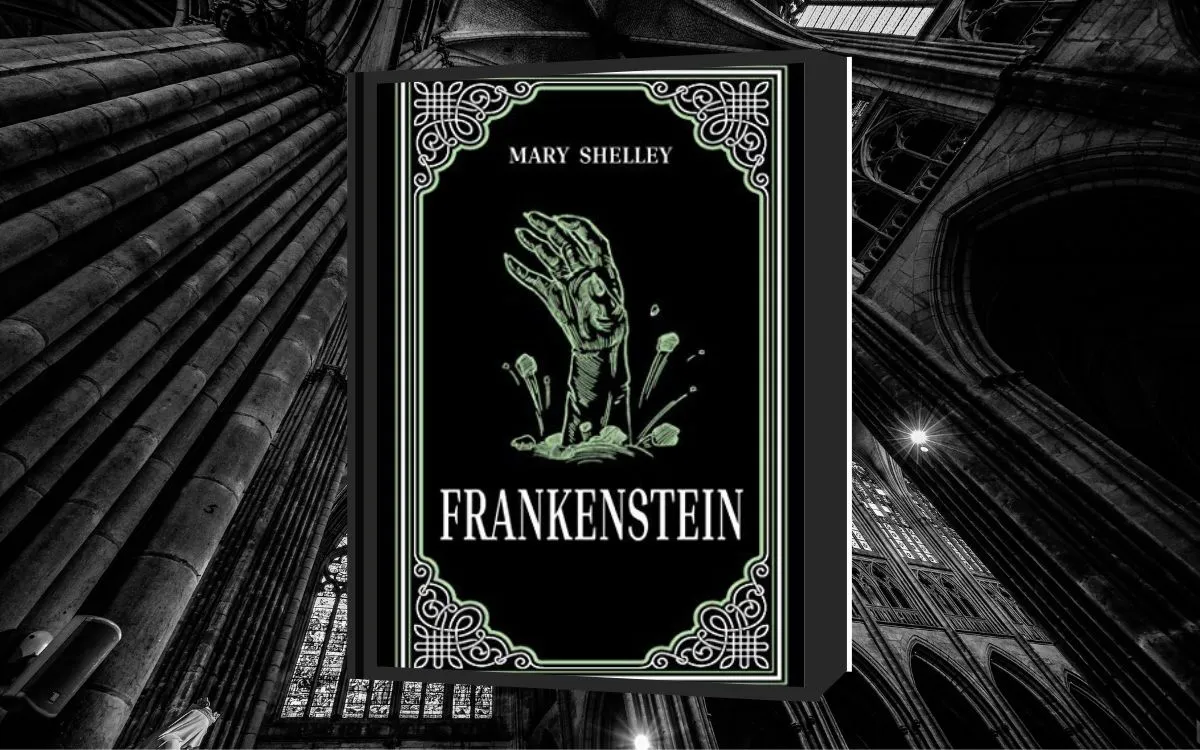
Frankenstein follows the scientist Victor Frankenstein’s obsessive experiments to create life, resulting in the birth of a grotesque and tormented creature made of stitched-together corpse flesh. Shelley delves into the dark consequences of playing God—and the monsters that such a pursuit creates.
The Picture of Dorian Grey by Oscar Wilde
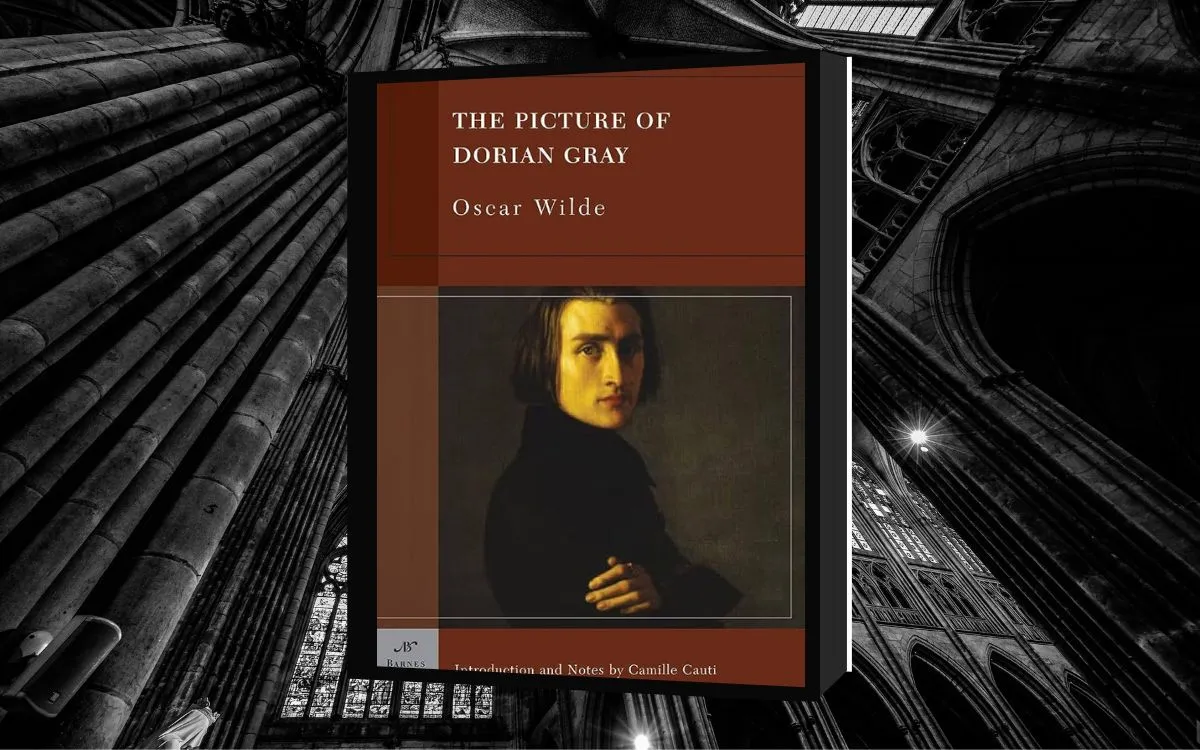
Oscar Wilde’s most celebrated novel, The Picture of Dorian Gray, combines Gothic elements with the author’s trademark wit and social commentary. The novel revolves around Dorian Gray, a charming and erudite man whose portrait ages and warps as a result of his debauchery while he remains unblemished and youthful. Wilde explores the nature of beauty, the dangers of indulgence, and the rot that lurks under a seemingly perfect facade … I can relate.
Beloved by Toni Morrison
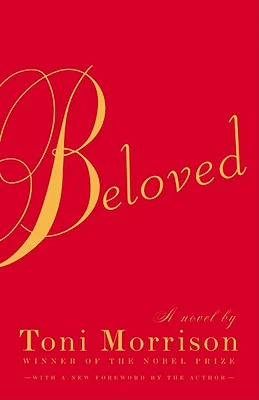
Toni Morrison’s Pulitzer Prize-winning novel Beloved is a harrowing tale of woe. Set in post-Civil War America, it is the tale of Sethe, a woman who escaped from the shackles of slavery in Ohio eighteen years ago. During her time at Sweet Home, the brutal farm where she spent her days in bondage, she birthed a child. Rather than force the child to grow up in slavery, she killed her newborn and buried the nameless child under a gravestone marked “Beloved.” Now the ghost of the child has returned to haunt Sethe, an ever-present reminder of the lingering trauma of a life from which she thought she had escaped.
We Have Always Lived in the Castle by Shirley Jackson
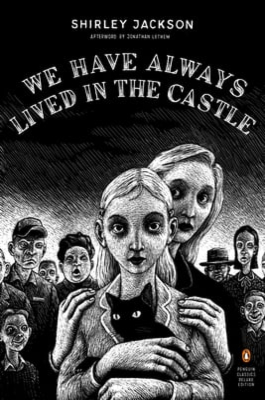
Shirley Jackson’s We Have Always Lived in the Castle brings back memories of my first apartment. The story is set in a rural New England village, which is home to the last surviving scions of the Blackwood family. Living in their decaying family’s estate, Merricat Blackwood and her sister Constance have gotten cozy with the skeletons in their closets. They were acquitted of fatally poisoning the rest of their family six years ago, but have been shunned and isolated ever since. When a new visitor arrives in the form of their cousin Charlies, it’s an anything but jolly occasion. Charles threatens to upend the delicate balance that the sisters have struck in their lives and drag dark family secrets screaming into the light.
Wise Blood by Flannery O’Connor

Written by the grandmother of Southern Gothic, Flannery O’Connor’s Wise Blood is the story of 22-year-old Hazel Motes, who is on a quest to commit the greatest act of blasphemy of which he can conceive. He founded the Church Without Christ, an anti-religious organization that he uses to attempt to cut the spiritual ties that bind him. But alas, the God that his community prays to appears to have other plans. Through a series of darkly comic run-ins with false preachers and mummified holy children (yes, you read that correctly) Hazel is doomed to learn that he cannot escape his roots, no matter how much he struggles.
Mexican Gothic by Silvia Moreno-Garcia
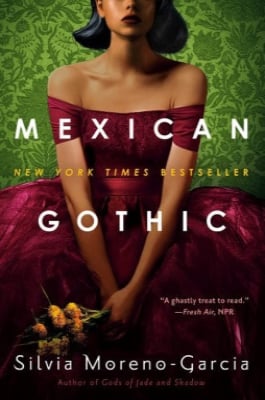
Mexican Gothic by Silvia Moreno-Garcia is the story of the glamorous socialite Noemí Taboada, who after receiving a strange and desperate letter from her newlywed cousin, journeys to a distant manor in the Mexican countryside. Set in the 1950s, the novel is an exploration of Mexican folklore and the creeping influence of colonialism. Is Noemi’s cousin Catalina just being paranoid? Or is her new English husband really plotting against her? Maybe it’s a little of both?
The Bog Wife by Kay Chronister

Inspired by real-life bog bodies—mummified corpses pulled from peat bogs—The Bog Wife by Kay Chronister is the Appalachian Gothic tale of the Haddesley family. The Haddesley family tends to a cranberry bog, which would be totally normal and non-horrifying if the bog wasn’t sustained by blood sacrifice. In return for the life of an offering, the bog provides the Haddesley family with “bog wives”—women made of vegetable matter who carry on the family line. But what happens when the bog refuses to honor the bargain? The Haddesley family scions each pursue different options: destroy it, ignore it, or boldest of all, try to make a wife out of it again.
Let The Right One In by John Ajvide Lindqvist
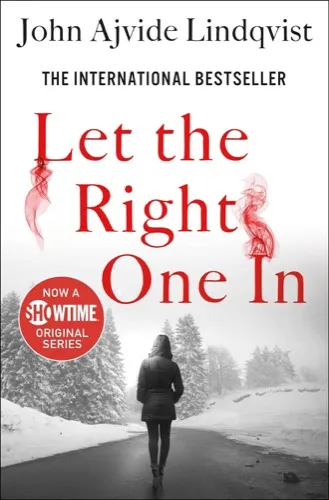
Let The Right One In lacks the traditional architecture of a Gothic novel. There are no decaying mansions. No dreary castles atop hills in the dark forests. John Ajvide Lindqvist’s gothic romance novel is set in a place far more dismal: Sweden. The story centers around 12-year-old Oskar, a bullied youth whose only solace is the nightly meetings he has with a peculiar neighborhood girl who only comes out at night. What he’ll soon find out is that the girl has a bloodsucking secret. Does he care? Hardly, she’s his best friend. He’ll do anything for her. Anything. Like the Swedish suburbs in winter, Oskar’s morals are all shades of grey.
The Shadow of the Wind by Carlos Ruiz Zafón

Carlos Ruiz Zafón’s The Shadow of the Wind is set in the dark days of the mid-1940s. A young boy named Daniel discovers a mysterious book named The Shadow of the Wind in a hidden library buried beneath a graveyard in Barcelona. As he grows up, Daniel becomes obsessed with learning more about the tome, along with its enigmatic author, and the dark secrets that connect them all. If winding European streets, forgotten libraries, and cemetery shenanigans are your idea of a good time, this book is for you.
Interview With The Vampire by Anne Rice
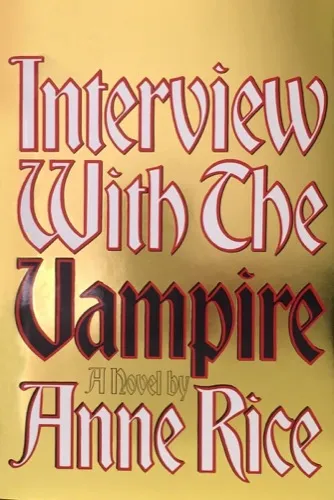
A modern Gothic horror classic, Interview With The Vampire by Anne Rice is a twisted vampire love affair. Louisianan vampire Louis de Pointe du Lac spills his life story to an unnamed interviewer, detailing how he and his vampire creator/ex once ran amok in the dark streets of late 18th-century America. They ate people. They turned people. They killed for food and for fun. They even adopted a surrogate vampire daughter. It’s like a Gothic horror shockumentary TV series, and just as juicy.
The Turn of the Screw by Henry James

While not as famous as Dracula or Frankenstein, Henry James’ The Turn of the Screw is a Gothic horror classic. Written in 1898, the novel concerns a young governess (an old-time babysitter for rich kids) who is hired to look after two children in a manor in the English countryside. While wandering the estate, she begins to see the shadowy figures of a man and woman she doesn’t recognize. She learns from the children that the manor used to employ a man and woman who fit the specters’ descriptions. Though the former employees may be long dead, the governess becomes convinced the children are being influenced by them from beyond the grave. The ending of this novel features one of the best gut-punches in all Gothic fiction.
Fledgling by Octavia E. Butler

Octavia E. Butler’s Fledgling is a total subversion of familiar Gothic tropes. It’s a novel about a young woman who discovers that she belongs to a race of genetically engineered vampires called the Ina, whose dark skin allows them to walk in sunlight. Unlike their aristocratically refined and morally depraved traditional Gothic counterparts, these science fiction-based vampires have a symbiotic relationship with humans. Nevertheless, they are met with widespread prejudice and fear. At its core, Fledgling is a parable about race in America, and the many ways that minorities are forced to adapt to survive modern society.
Have a tip we should know? [email protected]
